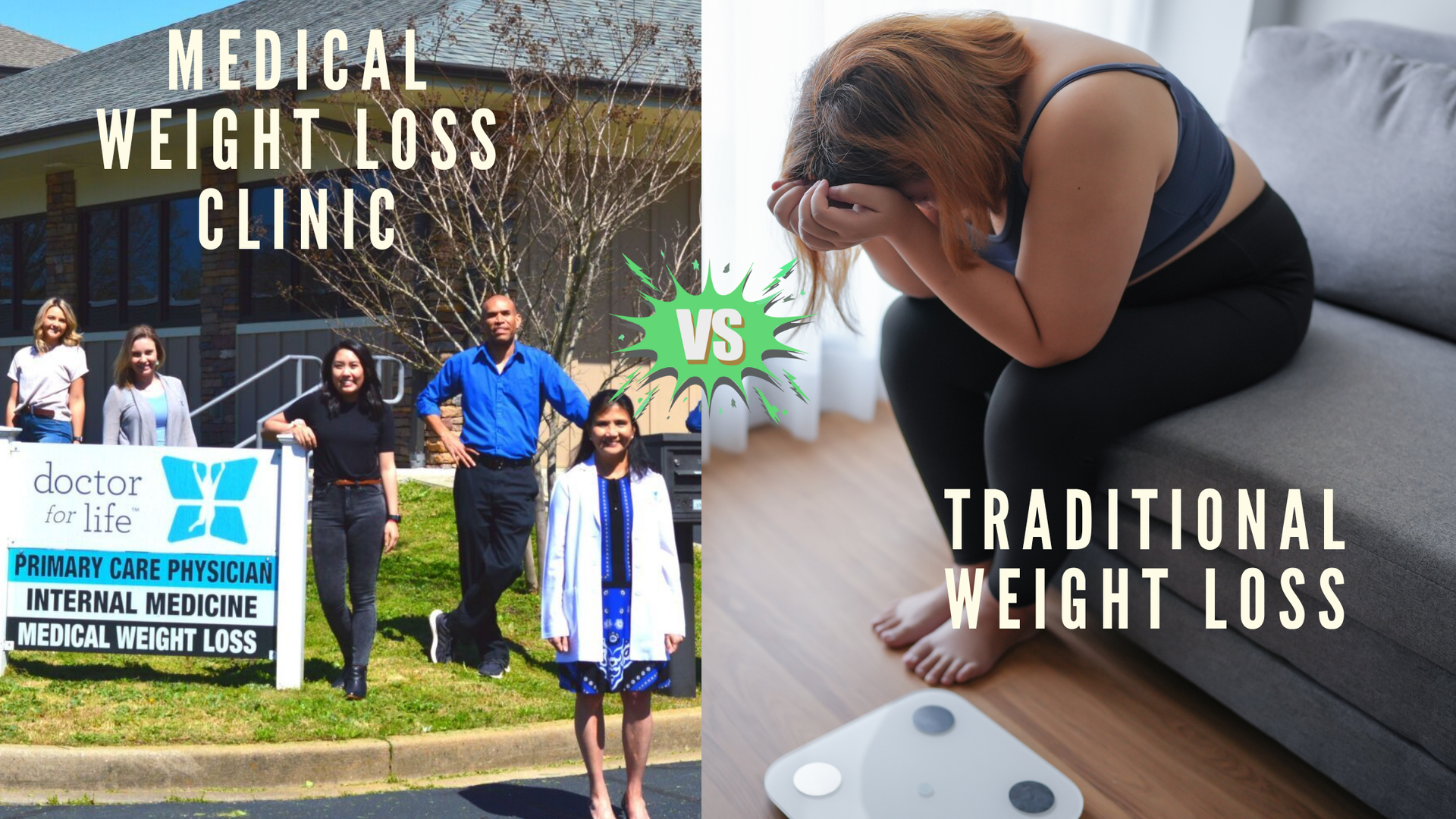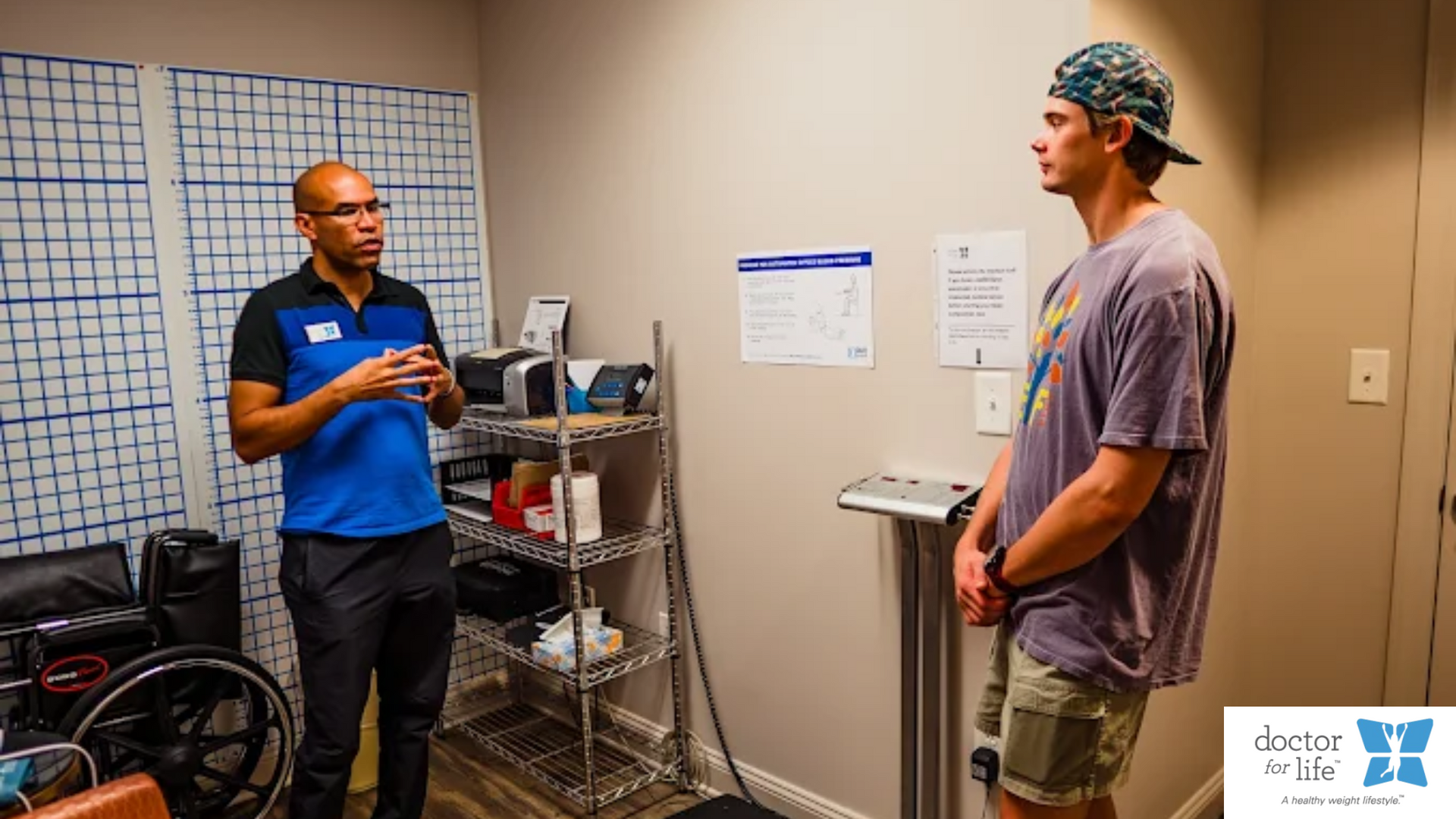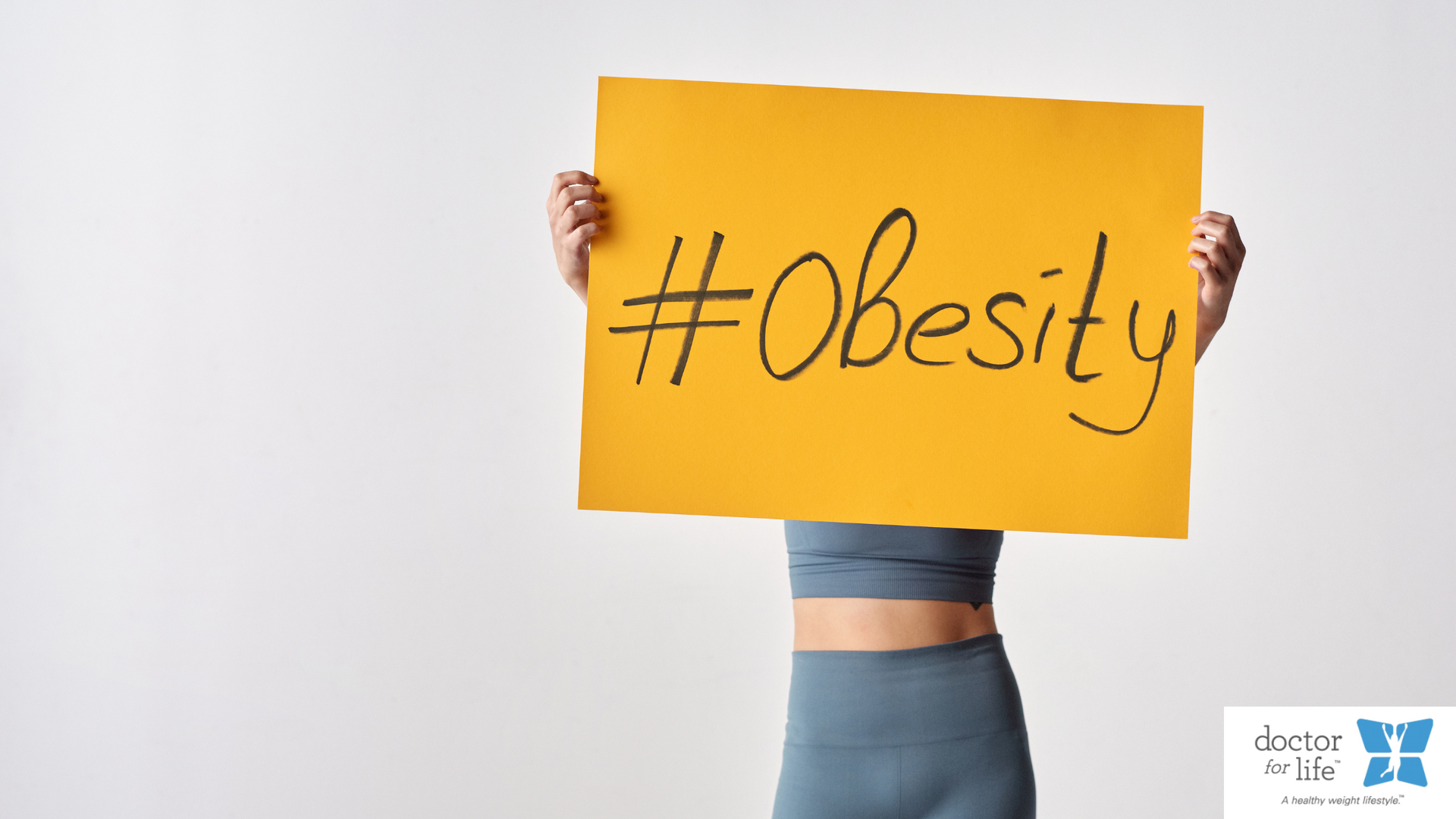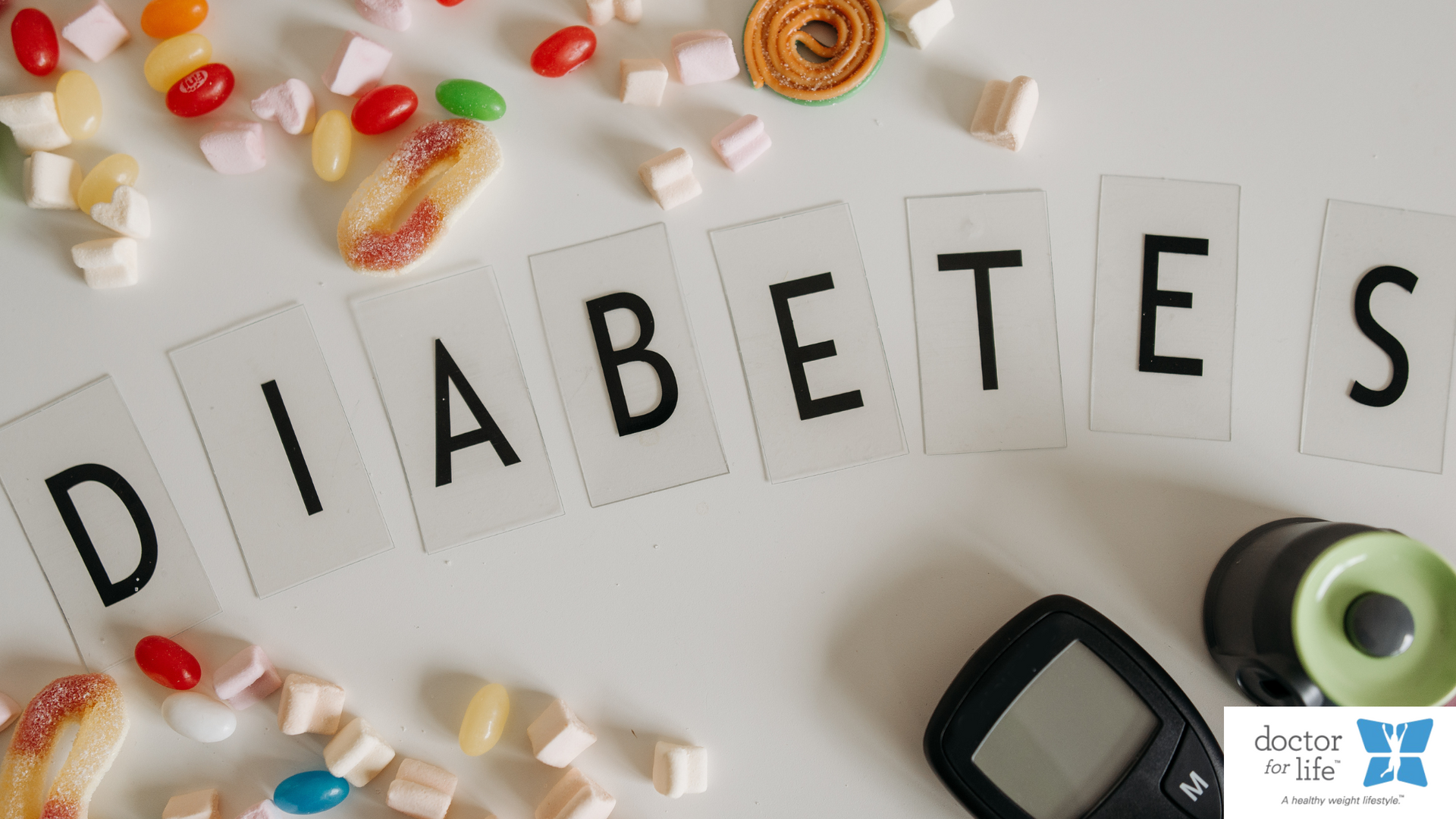The Environment and Your Emotions
Cheryl Sarmiento, MD • February 11, 2021
HOW THE ENVIRONMENT IS PLAYING ON OUR EMOTIONAL HEALTH (AND WHAT YOU CAN DO ABOUT IT)

Obesity is considered a chronic disease. As such, obesity is driven by pathophysiologic inflammatory processes, just like the other chronic diseases - type 2 diabetes, hypertension, cancer, dementia. The number of people who fell ill with chronic medical conditions increased dramatically since the 1990s, these coincidentally comes with changes in our environment.
We live in a strange age. It’s an age marked by contention, strife, and factionalism. This particular point is salient because it’s not just that we disagree with each other, it is also that we don’t trust “the system”. Healthcare becomes politicized, self-care is replaced by health-care. Is healthcare a right or a privilege? Is healthcare the person’s responsibility or the governing bodies? So what’s going on, and what can we do about it? Where have we gone wrong, and what can we individually do about it? Here are some objective evidence on the reality of healthcare in America.
The Emotions You May Not Know About
One problem with food might be that it’s mislabeled by those unscrupulous food industries—this was a problem in much of the early twentieth century. But another problem is just that the food itself is unhealthy that makes you sick when you consume too much of it or the way it's grown. But a much bigger problem are fake/processed foods. The news media is the same way. There is fake news, the reporting of things that are untrue and false advertising. The goal is to get us hooked, make us a returning customer and to contribute to the corporate bottom line compromising our freedom of choice and what's good for our health.
Partly to blame is our insatiable appetite. Addictions or attachments come in different forms - positive or negative. If not foods, it’s cigarettes or alcohol. Our work can be addicting, even our relationships are a kind of codependency. Way back in 2015, Psychology Today had a post warning that one of the emotions like “anger is a public epidemic in America.” What happens is that anger among the many emotions can lead to similar “rushes” as thrill-seeking activities where danger triggers dopamine reward receptors in the brain, or like other forms of addiction such as gambling, extreme sports, even drugs like cocaine and methamphetamines. Anger can become its own reward, but like other emotions, the final consequences are dangerous and real, and people follow impulses in the moment without regard to the big picture.
Three of the biggest "drug-dealers" in this new landscape are the food industries, news media and technology. Our current environment is very obesogenic- long commute, restaurants at every corner, easy access, microwavable food, passive entertainment. These replaces our thinking ability, problem solving, labor skills, and survival instincts in the midst of trouble. The advancement in science ironically shortens our lives and quality of life is poor. Look at the elderly residing in Nursing Homes, thanks to the so-called life saving drugs and devices we invented, people now live longer at the expense of quality of life. We can control our population and manipulate our environment.
Children are the most vulnerable, the desire to copy adults, they are curious and they explore the world. They are exposed to deceptive marketing of foods and products. For adults it made sense to stay on top of the news of the day, because it was directly relevant to our daily life, to keep up with the times: local goings-on around town, etc.
The new technologies had turned the age-old problem of information on its head: Where people once sought information to manage the reality of their lives, now they had to invent reality to adapt to the rapidly changing times. There's a tendency of abuse and misuse - why not use them for diversion? For our entertainment? To amuse ourselves for the sake of fun. Now, it’s been amplified by the introduction of videos, by the creation of twenty-four-hour news networks, and by the invention of digital social media platforms like Twitter and Facebook and of political news websites. And the successful players in this industry make a fortune by manipulating us emotionally and making us crave or lust on purpose.
Emotional arousal, or the degree of physical response you have to an emotion, is a key ingredient in eating behaviors. Sadness and anger, for example, are negative emotions, but anger is much more potent. “It drives us, fires us up, and compels us to take action,” studies show. If you’ve ever found yourself falling for the news or spent time hate-reading and hate-watching something, Anger, anxiety, humor, excitement, inspiration, surprise—all of these are punchy emotions that food advertisers rely on.
The solution to all of this, fortunately, is easy (at least in theory). Put down the remote control, click the little X in the top-right corner, and walk away from the screen. Go bring out your sneakers and walk off those emotions. Think happy, peaceful thoughts or go to sleep. Prepare your meals from scratch, educate yourself on what’s good for your body nutritionally, be part of a solution, extend a helping hand to your neighbors, and lastly, trust in your Creator who made you in His perfect image.










